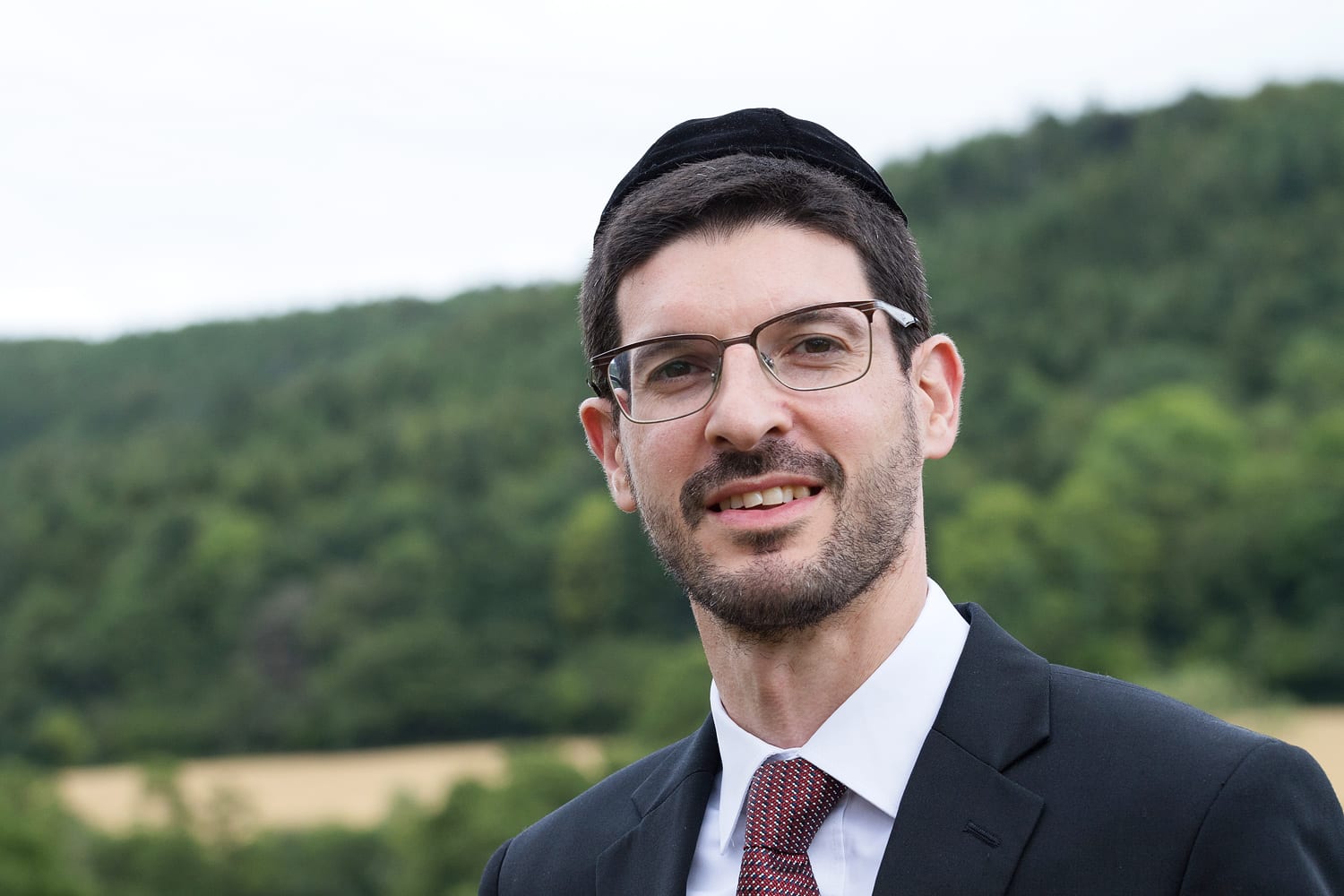
Airport encounters can be strange. The gentleman sitting opposite me informed me that although he had emigrated to Haifa many years ago, he had returned briefly to his homeland in a remote corner of the United States to visit his ailing mother. As expected she had passed away during his visit and he had recently completed the shiva period.
The gentlemen in question (“Reuven”) decided to play me a short recording which had been digitally sent to all of the family in which his son reminisced about holidays which he had experienced with his grandmother and funny things she had said and done. As Reuven listened to the recording tears flowed freely down his face.
He told me that just before his mother died she said the words “Ichgaishtarben” which in Yiddish means “I am going to die”. This comment might not necessarily have warranted too much attention if not for the fact that, according to Reuven, his mother had never uttered a word of Yiddish in her life and had in fact never been religious.
A remarkable episode – but not one which should necessarily comes as shock.
We are an elevated people by nature with deep seated roots. This is greatly evidenced during the period in which we now find ourselves. The month of Nissan is a time for renewal on both a national and individual level – as chazal say – “During Nissan we were redeemed and on Nissan we will once again be redeemed (Rosh Hashana 11)”. On Pesach we freed ourselves from the constraints of our material existence and during the omer we are now climbing, step-by-step, higher and higher towards the ultimate goal of readiness to accept the Torah.
The parshiot which we have read during these weeks similarly focus specifically on our exalted nature as members of klalYisroel.
In parashat Tazria and Metzora we learned how Tzoraat (leprosy) is diagnosed and the remedial measures one must take to cure himself. These laws are particularly significant and are dealt with in great detail because the appearance of tzoraat on one’s body or belongings indicates the total breakdown of the value system of the individual whereby their focus on avodat Hashem has been lost. Instead they have chosen to focus on themselves and their lot in this world only, resulting in their speaking loshon hora, becoming arrogant and attaching disproportionate importance to money (see KliYakar Vayikra, 13;2). Once the Metzora offers the atoning korban relevant to him he is deemed to have set himself back on the correct path.
However it is in the parasha of Acharei Mot (and later in the parasha of Kedoshim) where we learn how to take matters forward and develop as b’neialiya. A case in point is the prohibition of eating blood.
Now the prohibition of eating blood can surely not be classed within the same category as the prohibition of eating forbidden creatures. Creatures such as the camel or chazir are forbidden in their entirety. They are also described as “Tamei” (impure) in the Torah (Devarim, 14). Blood, on the other hand may have been the product of a perfectly permitted animal and is never described as “tamei”. The above points lead one to believe that there is nothing inherently tamei or negative about blood itself. Rather there is a special reason for our being forbidden to eat it (similar to the prohibition of eating Chelev (fats) and the GidHanashe (sciatic nerve)) This is perhaps why the meforshim seem to go to great lengths to seek out what the reason is.
Animals certainly have a soul, writes the Ramban. This is shown clearly in their ability to sense and run from danger and show affection to their masters. The existence of an animal soul is part of the reason why the blood of an animal – which represents its soul – may not be eaten by us; it is improper for one soul to feed on another soul.
Furthermore, the consumption of animal blood would have extremely negative consequences. The Jewish soul is of a totally different quality to that of an animal and if one were to consume animal blood one would essentially be importing the animal soul into his own. The Ohr Hachaim goes as far to suggest that the mingling of the animal soul and the Jewish soul would cause the Jewish soul to become detached from the heavenly source which provides its nourishment. Such a diminution of one’s spiritual standing would be catastrophic and for that reason the punishment for the consumption of blood is conveyed in unprecedentedly strong language (17;10) with the prohibition itself being repeated in Devarim (12;23).
The theme of the supremacy of the Jewish soul also underpins the next mitzvah in the parasha – that of KisuiHadam, whereby we are commanded to cover the blood of wild animals or birds once they have been slaughtered. We find in parashat Bereishit (1;24) that both the body and soul of the animal were formed from the earth. In contrast we find that only the body of man was formed from the earth, with his soul being blown into him directly by Hashem (ibid. 2;7). The mitzvah of KisuiHadam serves to remind us of the differing origins of the human and animal soul. By covering the blood of the slaughtered animal or bird with dust we are signalling that its soul is indeed of lesser quality, having originated from the dust and that the animal or bird soul should take its place once again in the earth without influencing us (Rav S.R.Hirsch).
Given the lofty status of the Jewish soul, which is emphasized by the mitzvot surrounding the treatment of animal blood, it is perhaps not surprising that even Jews far removed from religious practice should at times find it impossible to hold back their neshama from shining forth – as was clearly the case with Reuven’s mother.
Rabbi Benjamin Stone
9 Nissan 5776.







